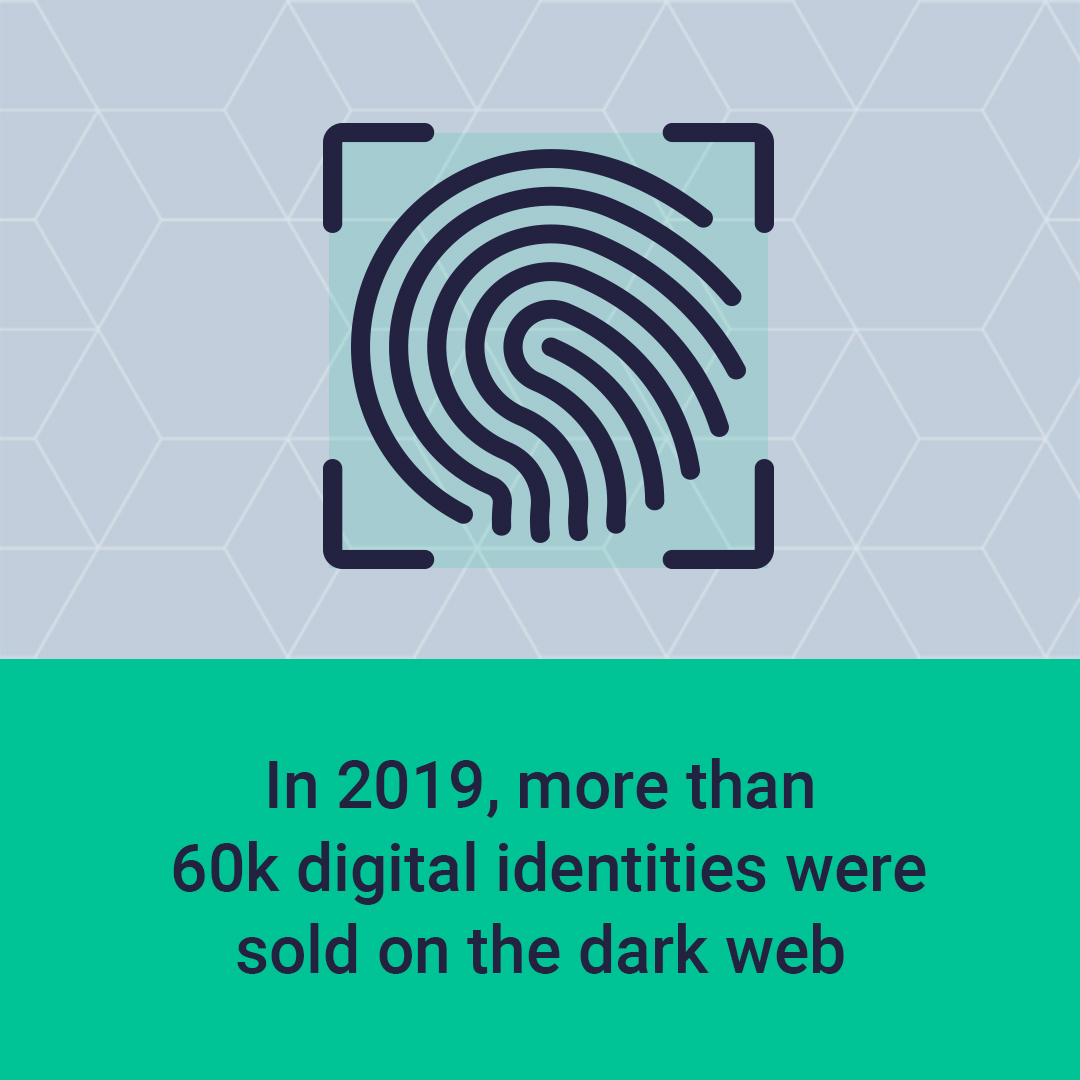Digital Doppelgängers: Identity Protection and Your Evil Twin

There’s an old saying that everyone has a twin—an almost exact look-alike—somewhere in the world. (Scientists say it’s possible, since we all share 99.5% of our genes with other humans.) But you may also have a different kind of “twin,” an evil twin on the internet that looks nothing like you…except to computers. These so-called “digital doppelgängers” can be used to run up fraudulent charges and take over and steal from your financial accounts. Here’s how they work, and what you can do to protect yourself from this insidious new form of identity theft.
By law, consumers are protected against fraudulent charges on their payment cards, leaving credit card issuers taking the losses. (Costs which get passed on to merchants, and then on to consumers who ultimately pay for these crimes through higher prices on goods and services.) As financial systems have moved to online and mobile transactions, the losses have grown. A study by Juniper Research estimates that losses from online payment fraud will reach $43 billion by 2023, up from $22 billion in 2018.
To protect themselves, credit card issuers have long used computers to spot unusual buying patterns, such as sudden large purchases or shopping in an unusual locale, that could signal fraudulent charges. Now they’re harnessing machine intelligence (AI) to verify buyers’ identities in a more sophisticated way, using digital characteristics such as their device IDs, operating systems, browsers, and their online behavior patterns. Unfortunately, online criminals have also gotten more sophisticated. They’ve found ways to steal these digital profiles, often through spyware installed on consumer’s devices, and then use them to fool anti-fraud systems. In 2019, a security research team discovered more than 60,000 digital identities for sale on the dark web for as much as $200 each. (In comparison, a Social Security number sells for as little as $4. The higher price tells you how much thieves can steal with a digital identity.)
Criminals buy digital identities on the dark web along with software that allows them to load fake identities onto their computer. Minutes later they are able to make online purchases, get cash advances, and even take over financial accounts undetected, stealing large amounts before anyone notices. The business’s computers will show, based on the digital profile, that there was no foul play. So, the victims are left on their own to fight identity crimes such as account takeover fraud.
Your digital profile is as unique as your fingerprints, and it’s not something you can easily hide or alter, but there are other ways to protect yourself against this kind of identity fraud:
- Set up multi-factor authentication on all your online accounts.
- Set up alerts on all your financial accounts, so you get immediate notice of purchases, money transfers, and other activity.
- Install operating system and application software updates promptly to keep security patches up to date.
- Run security software on ALL your computers and mobile devices.
- Stay informed about the latest scams and phishing campaigns so you don’t get fooled into downloading malware or visiting fake websites that could steal your digital profile information. (One of the nastiest recent scams: fake funeral notices!) Some good sources of information are the FTC website, the FBI’s Internet Crime Complaint Center (IC3) and, of course, the MyIDCare newsletter!
- Get an identity protection plan that includes comprehensive monitoring. For example, IDX Identity’s Premier membership includes financial account takeover monitoring that alerts you to new financial accounts that are opened in your name or changes to other financial accounts information, like adding a new authorized user.
It’s kind of ironic that all it takes to fool today’s most sophisticated computer systems is yet another computer in the wrong hands. But that’s the way it is. So, identity protection is up to you (and your expert recovery team, if you have a good identity protection plan). Besides, everyone who’s ever seen a horror movie about evil twins knows that a doppelgänger can be defeated in the end. The trick is to be careful, watchful, and smart. You know who you are, so you’re already smarter than a computer!
About IDX
We're your proven partner in digital privacy protection with our evolving suite of privacy and identity products.




